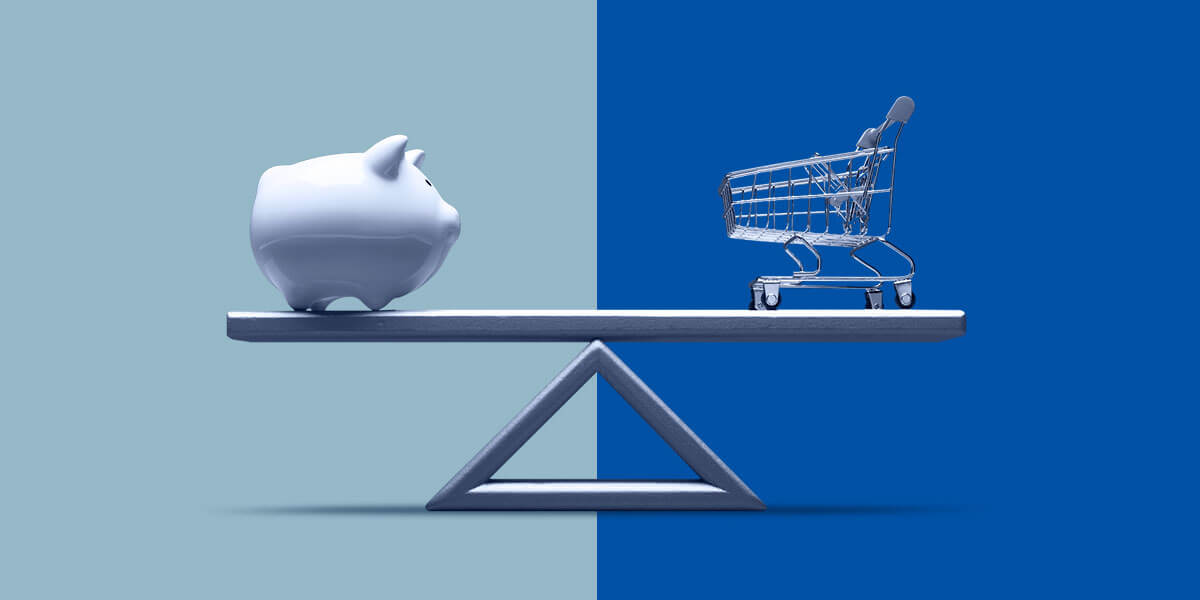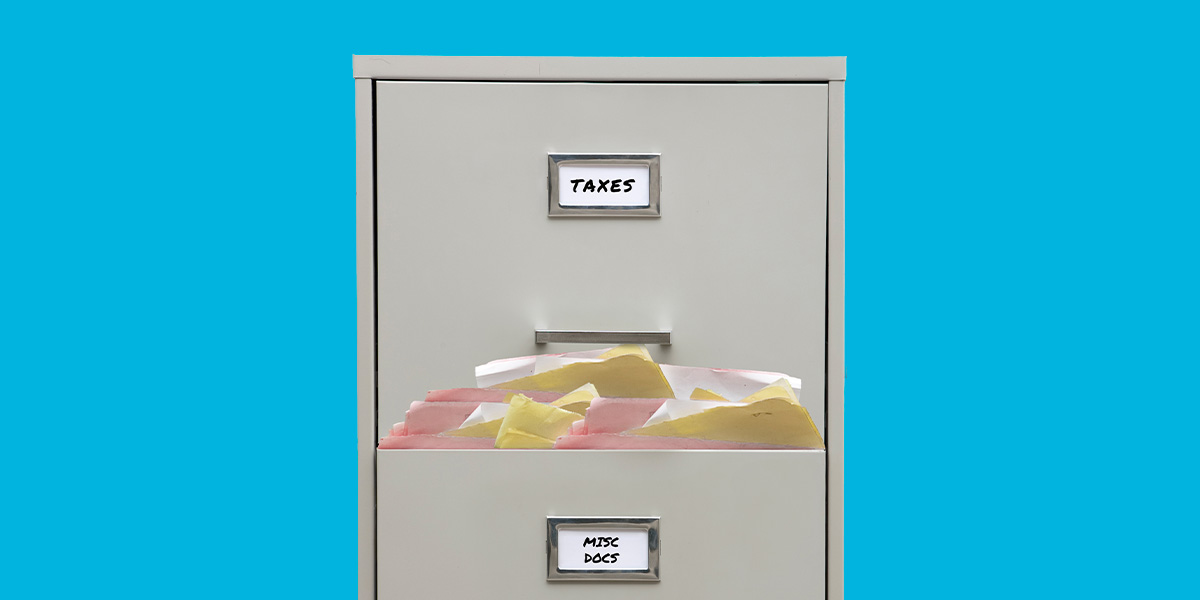-
Personal Banking -
Insights
Wildfire Scams to Look Out For
Devastating wildfires that swept across Southern California have destroyed thousands of structures and changed countless lives forever. While the damage might seem insurmountable, disaster relief is available through nonprofits as well as state and federal agencies.
Unfortunately, criminals often exploit these kinds of tragedies to defraud victims when they are at their most vulnerable. However, being aware of the risks can help protect you and your loved ones.
Here are some common scams that criminals try to use to take advantage of disaster victims.
Bank, Government & Nonprofit Impersonators
Scammers may contact you using “masking” technology to disguise or "spoof" their contact information, making a phone call or text appear to be from a target’s bank. Fraudsters do this to gain access to personal information in order to take over a person’s account and complete fraudulent transactions.
Scammers may also pose as FEMA, the American Red Cross or other disaster relief organizations, offering financial aid in exchange for personal details, such as Social Security numbers or bank account information.
If in doubt, directly contact the organization a person is claiming to be from to verify that they are a legitimate representative of it.
Legal Exploitation
Some law firms may try to exploit natural disaster victims through unethical practices such as aggressive and predatory solicitation, unreasonably high legal fees or hidden costs, or false promises about large settlements.
If you do need the assistance of an attorney, be certain to compare your options and speak to multiple firms before proceeding.
Fake Charities
Wildfire survivors aren’t the only people criminals try to target. Scammers may also try to take advantage of the general public by creating fake websites or claiming to represent wildfire relief organizations.
They might pressure you to donate immediately through untraceable methods like gift cards, wire transfers or cryptocurrency.
Remember that a legitimate charity should never use pressure tactics to solicit donations from the public. If you’re uncertain about the legitimacy of a charity, the Federal Trade Commission provides a list of free tools that can help you decide if one is real or not.
Finally, avoid clicking links in unsolicited emails or messages if you want to donate. Go directly to the charity’s official website to make your contribution.
Phishing Scams
Fraudulent emails, texts or social media messages may claim to offer disaster updates or financial assistance. These messages often include links or attachments designed to steal personal or bank information.
Fake Insurance or Utility Representatives
Be wary of any person who is claiming to be a utility worker or insurance representative who can help you or who needs information from you. Often, these individuals will claim that they need immediate payment to keep your coverage or service active.
Before giving any of your information to someone, call your utility provider or insurer independently to verify that their requests are valid.
Contractor & Inspection Scams
If you’ve suffered damages from a disaster, it’s understandable that you want to rebuild as soon as possible. Unsavory contractors know this as well and might try to leverage your situation for their financial benefit.
If a contractor tells you that they “know the system” or that they can do immediate work, be cautious and exercise common sense. Be especially skeptical if they request cash payment up front or don’t use written contracts before starting work.
Other scammers might contact you posing as inspectors from FEMA. They are really attempting to steal your money or personal information.
Remember the following about FEMA inspectors:
- FEMA never charges fees for inspections.
- Housing inspectors will never ask for your 9-digit registration number.
- FEMA inspectors always have official government identification that they must show you upon request. Make sure you ask to see it.
What You Should Do to Help Prevent Disaster Fraud
As mentioned above, it’s important to independently verify the identity of anyone claiming to be able to help you.
Here are some other things you should keep in mind:
- Do not trust caller ID—it can be spoofed to appear legitimate.
- Never share sensitive information such as OOBA (out of band authentication) Codes, usernames, or passwords over the telephone, email or text. Remember, City National Bank will never contact you unsolicited to ask for this information.
- Review your bank statements and online banking activity closely for unauthorized transactions.
Report Suspected Fraud Immediately
If you suspect you’ve been targeted for fraud and are a client of City National, call us immediately at (800) 557-4262 and visit our Fraud Prevention Center. Additionally, reach out to the FEMA Disaster Fraud Hotline at (866)-720-5721.
This article is for general information and education only. It is provided as a courtesy to the clients and friends of City National Bank (City National). City National does not warrant that it is accurate or complete. Opinions expressed and estimates or projections given are those of the authors or persons quoted as of the date of the article with no obligation to update or notify of inaccuracy or change. This article may not be reproduced, distributed or further published by any person without the written consent of City National. Please cite source when quoting.





